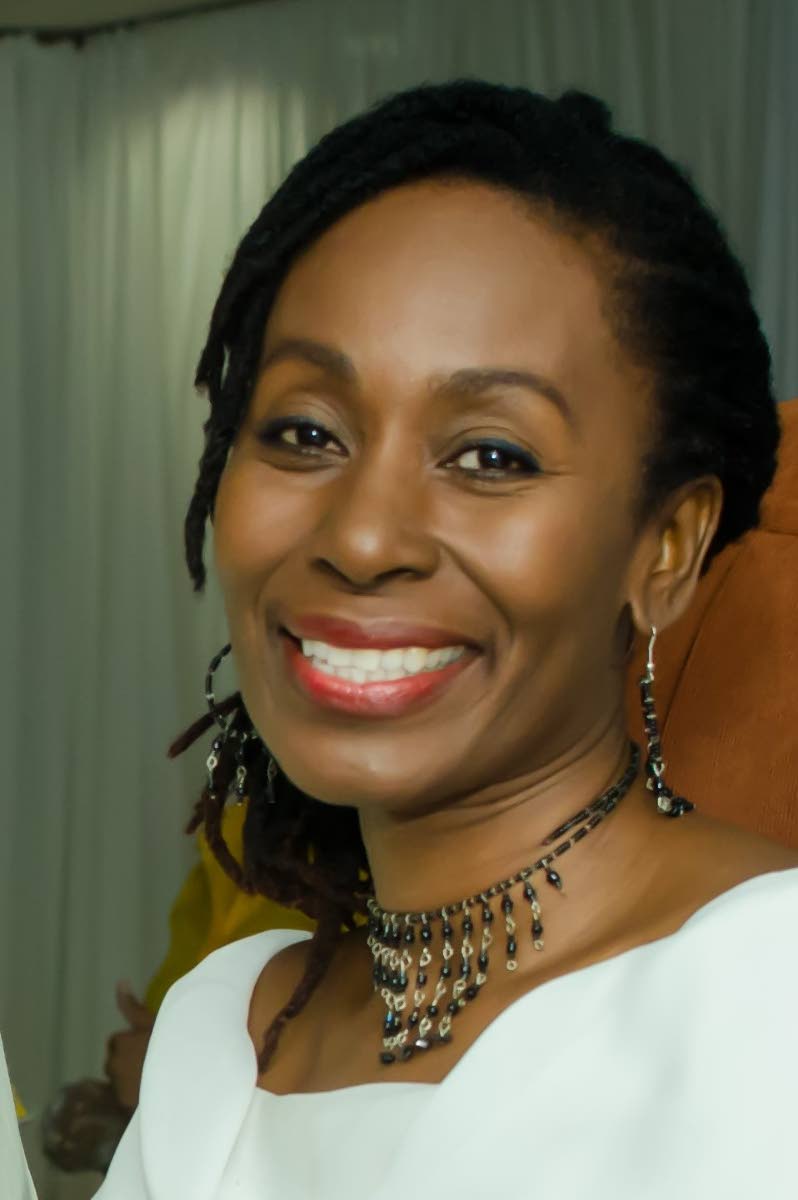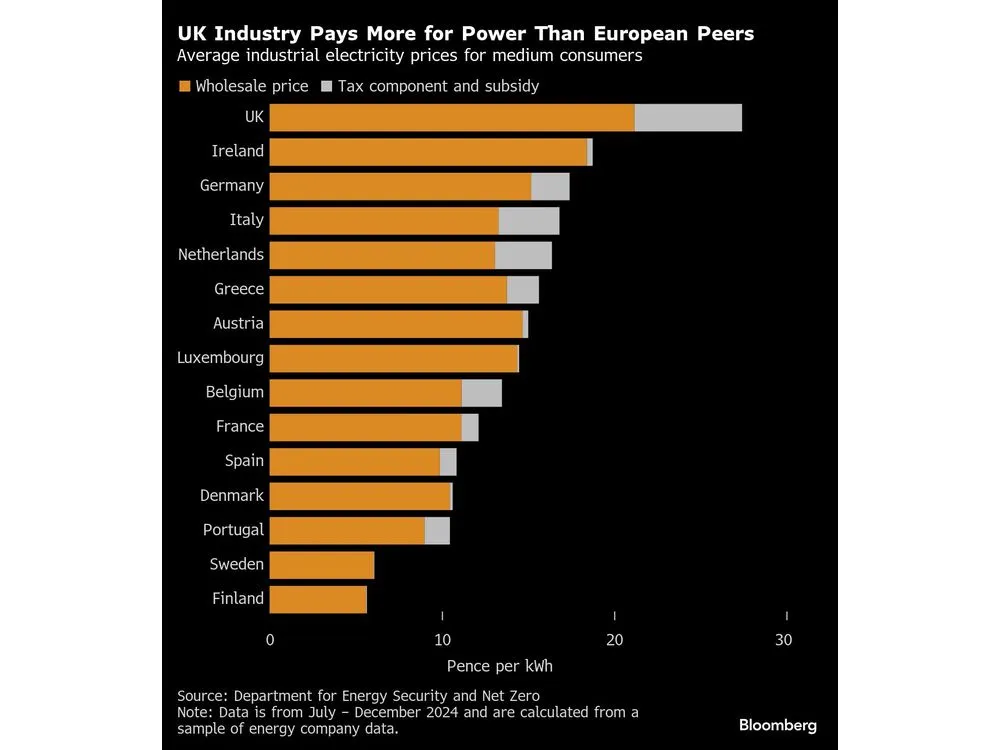By Dara Healy
Copyright newsday

DARA E HEALY
One ah these days you go wake up
And here’s what you go find
Antigua is the land ah calypso
Jamaica is the land ah de limbo
Canada is the land ah de steelband
You go put you hand on yuh head
And yuh go bawl out
If ah did know
Ah would ah hold on to meh steelband and calypso
– Black Stalin, Love Your Own, 1977
FOR ME, Banyan is not simply an interesting topic of conversation. For a time it was the place where I got to watch my whacky but completely focused uncles create, well, history. I remember there was always a great deal of laughter as we worked – Tony Hall, Errol Sitahal, Cultural Sprangalang (Dennis Hall) and all the others who passed through the office.
On hearing that the archives were sold to Barbados, I needed to take some time to properly articulate my thoughts. Ultimately, my reaction is similar to the latest uproar when Michael B Jordan wanted to call his rum J’Ouvert – we had our chance.
From media reports, it took Christopher Laird of Banyan just one meeting with Barbados Prime Minister Mia Mottley to accomplish what he had been trying to achieve with entities from TT for over ten years. Mottley declared that the “archives will give the opportunities to our young people, to build upon this, to create even more for us as a people.” But given our track record I wonder. You see, this article is not really about the sale of the Banyan archives, as we have much bigger issues.
I think it starts with how culture and artists are viewed by those in authority. Just this week I had a conversation about how labelling artists as “entertainment” trivialises our worth.
In the early days of our operations as a performing arts organisation, we endured having to get ready in complete darkness, because the people who invited us to perform did not organise lights for the tent. Or being told to use public bathrooms rather than be provided with decent changing facilities. Today, we provide clear “riders” whenever we have to perform, a term in the creative sector that means detailing all technical and hospitality needs.
However, our challenges extend far beyond proper lighting and changing facilities. Heritage tourism is a billion-dollar industry that provides employment, offers education and awareness for both visitors and locals. It also helps to build community pride. Yet, in Port of Spain and across the nation, historic buildings similar to those in the French Quarter of New Orleans (that boast accommodation, performance venues and shops) are being left to deteriorate. We either allow such buildings to fall into ruin or we destroy them.
Another critical element of our heritage that we continue to ignore is our nation language, patois. We have seemingly forgotten that this evolved as a language of resistance during the time of enslavement. Language is key to identity and sense of self. Yet, for all of our talk about decolonising the education system, we still have not introduced a language that we created into our schools.
Although there are activists working quietly to revive patois, in order to make a difference there needs to be official sanction from the Ministry of Education. Or is it that the people in charge still consider it a
langage cochon, hog language?
We have other languages as well, such as spoken by the Black Indian masquerade, or by the pierrot and midnight robber in the ancient tradition of the griot. Simple steps such as introducing an alphabet into pre-schools, holding language activities and developing programmes for children through the Government Information Service would go a long way towards protecting this aspect of our heritage.
There is much more to discuss, such as false assurances about monuments, proper visibility for our icons and protecting our original creations from food to music and Carnival. So, while it is convenient to blame the private sector for lack of sensitivity and support, we have failed to create an environment where our heritage is valued. There is also no funding policy for culture and the arts, which makes it almost impossible to plan or protect.
We may be feeling shame about the Banyan archives, but Black Stalin and the others warned us. Instead of bawling, let us just do better. The young people watching.
Dara E Healy is a performing artist and founder of the Idakeda Group, a cultural organisation dedicated to empowering communities through the arts



